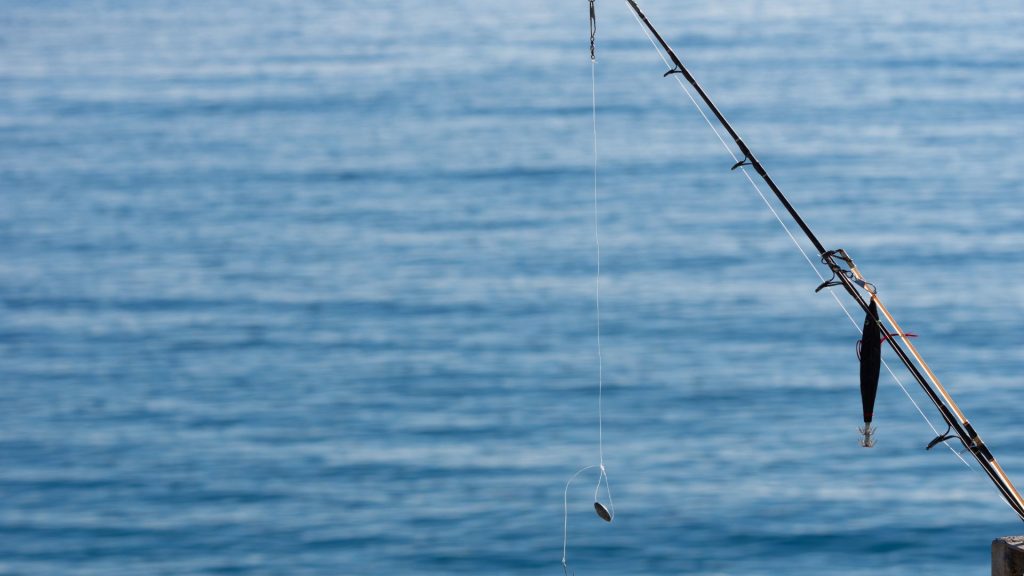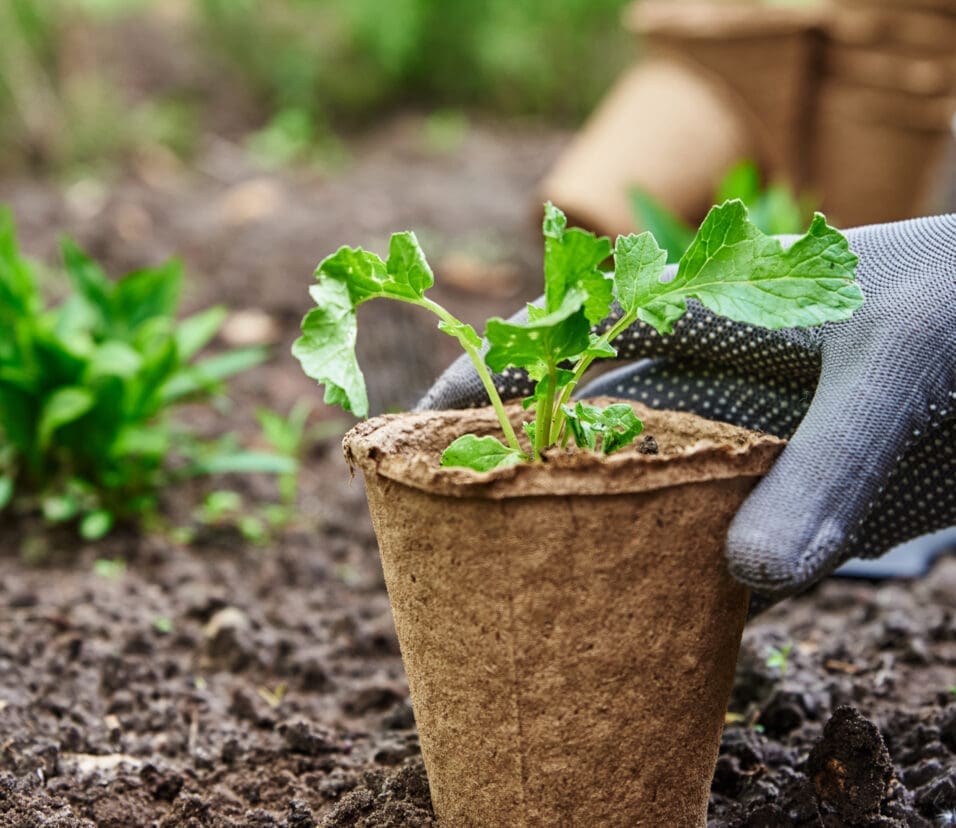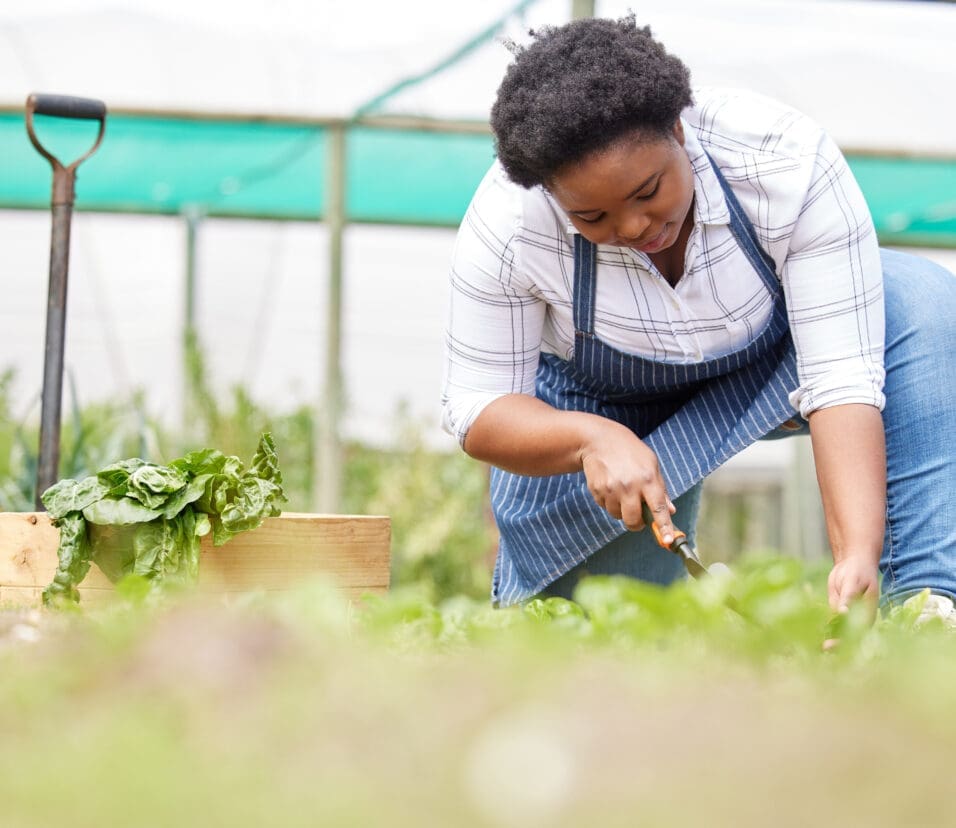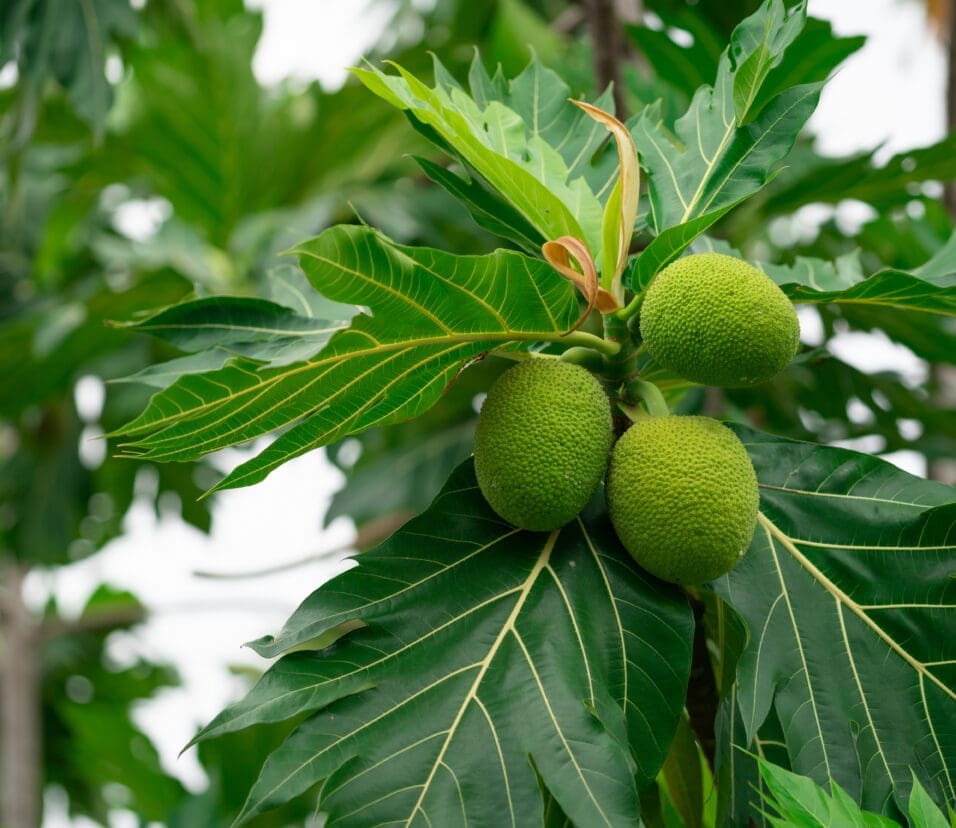The Culture of Fishing
The Caribbean Sea is home to some of the most productive fishing grounds in the world. Commercial fishermen have long been drawn to the region for its abundance of fish, shrimp, and lobster. In recent years, however, it has become increasingly popular with recreational fishermen as well. The warm climate and clear waters make it an ideal destination for travellers and locals seeking a relaxing getaway. Whether you’re an advanced or a novice angler, these beautiful and tempting seas are sure to offer an enjoyable experience.
Fishing is not only an important economic activity, but it’s also a way of life for some people living in the region. In many Caribbean cultures, it is considered an honourable profession, with fishermen being held in high esteem. It’s not unusual to see families passing down their knowledge and love of fishing from generation to generation.
Fishing isn’t just for subsistence either; it also serves for recreational purposes. Many tourists visit the islands specifically for sportfishing, which is a big business that helps to support local economies by multiplying the tourist dollar.
Tips For Commercial Fishing
Commercial fishing can be a rewarding and lucrative career, but it requires both hard work and skill.
If you’re thinking about entering this industry, here are a few tips to help you get started:
- Invest in a fishing vessel – Research the different types of commercial fishing boats and decide which one is right for you and your business. These can range in size from small open boats used for inshore fishing, to large factory ships used for deep-sea fishing.
- Get a valid licence – Once you’ve chosen your vessel you’ll need a valid licence, which is obtained by submitting an application to your government for approval. The purpose of the licence is for managing the number of boats fishing in a particular area, and to ensure that fishermen are following regulations. Bear in mind that the application process can be quite tedious, but however, the benefits of validity will outweigh the cost and time involved in obtaining the licence.
- Choose the right location – Commercial fishing is often regulated by maritime law, therefore, it’s important to consult with the local authorities to make sure you’re fishing in an area that is open to commercial activity. Also, depending on the type of fish you’re aiming to catch, you’ll need to choose the right location as well.
- Buy the right equipment – Proper equipment usually consists of a good boat and reliable fishing gear. Learn about the different types of fish in your location and what kind of gear is required to catch them.
Before heading out on your first trip, it’s important to do your research.

Best Known Caribbean Islands for Fishing
While there are many islands that offer good fishing opportunities, some stand out more than others. Here are a few:
- St. Lucia
St. Lucia is one of the best islands for commercial fishing, thanks to its large number of sheltered bays and coves. These provide ideal conditions for a variety of fish, including mahi-mahi, kingfish, blackfin, yellowfin tuna and more. In addition, the island has good infrastructure in place to support the fishing industry, with a large number of ice plants and fish markets.
- Antigua
Antigua has long been considered a paradise for fishermen, boasting both an abundance of fish and ideal environmental conditions. It is known particularly for pelagic fish such as tuna and mahi-mahi. The deep waters off the coast of Antigua are also home to a large number of marlin, making it a popular destination for both sport and commercial fishing. Also, there are good facilities for storing and processing fish catch.
- Grenada
Grenada is blessed with an abundance of marine life, and is an excellent place for fishing. The waters around this tropical island are home to a large number of marlin, yellowfin tuna, sailfish, wahoo and more, as well as lobster and crab. There’s also excellent facilities for storing and processing fish, which makes it quite convenient for fishermen.
- St. Vincent
St. Vincent is good for fishing because of its deep waters, diverse marine life, and sheltered bays. The deep waters offshore offer good conditions for pelagic fish such as tuna and billfish, while the sheltered bays are ideal for reef fish such as snapper and grouper. The diversity of marine life is indeed a big attraction for fishermen, with a vast variety of fish living in the waters around the island.
- Barbados
Barbados is one of the best Caribbean islands for fishing, in regard to its diverse range of fisheries and commitment to sustainable tourism. The coastline is home to a large number of barracuda, blue and white marlin, mahi-mahi, sailfish and lots more. As a result, this is a hotspot for local fishermen and others. In addition, there is good infrastructure in place to support the fishing industry, with a great number of fish markets.
How Does Fishing Impact the Economy?
The importance of fisheries in the Caribbean cannot be understated. It plays a significant role in trade, employment, food security and tourism.
Trade – Fishing has played a significant role in trade for centuries. In fact, it was one of the first industries to be globalised. As early as the mediaeval period, fish was being transported from coastal areas to inland cities. This allowed people in landlocked regions to enjoy a variety of seafood, which was previously unavailable to them.
Employment – Fishing is vital for the provision of employment and generates income for millions of people in the region. It also creates livelihoods for many who are engaged in fish farming and processing, as well as in activities such as boatbuilding, repairs, net making, and ice production.
Food Security – According to the Food and Agriculture Organisation of the United Nations (FAO), small-scale fisheries provide an important source of food for millions of people in developing countries. They also play a key role in food security by providing a vital source of protein and other nutrients that are essential to a healthy diet.
Tourism – Fishing provides tourists with a unique opportunity to experience some of what nature has to offer, while also contributing to the local economy through job creation and revenue generation. By attracting both locals and international visitors, fishing is helping to put the Caribbean back on the map as one of the world’s premier tourist destinations.
It is clear that both recreational and corporate fishermen have something in common – their love for fishing! Both groups enjoy doing what they love, while reaping the benefits that come with it. This common ground helps to build a connection between them and strengthens the overall fishing community.







